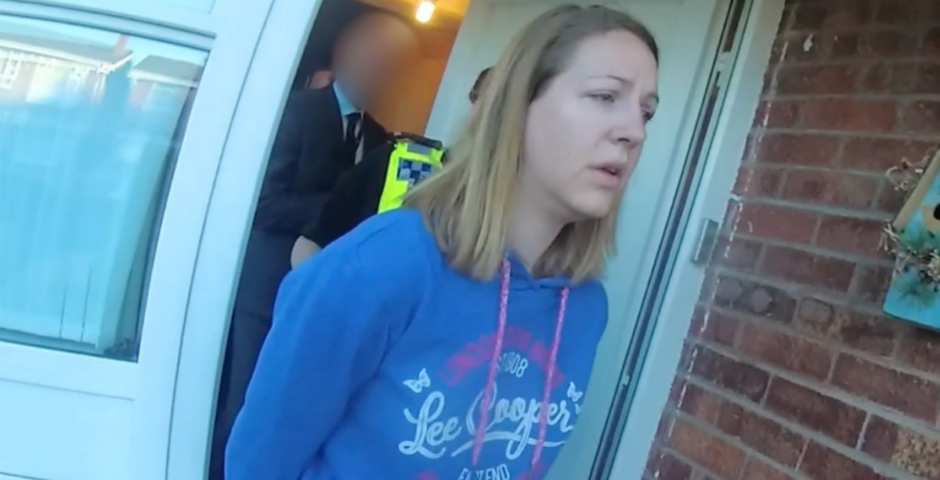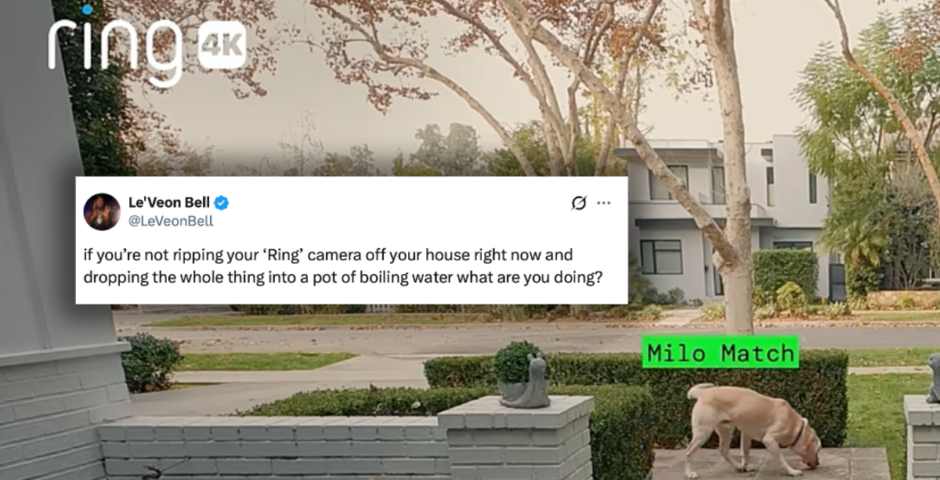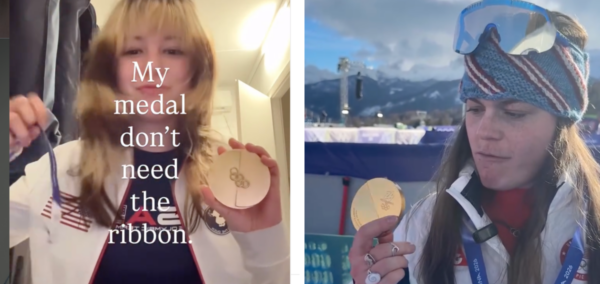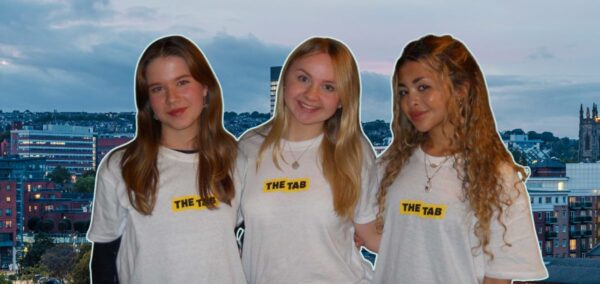
‘They’re scared we’re disruptive’: Meet the vibey student activists changing the world
It’s not all Just Stop Oil
This year, Freshers Week became synonymous with protests after Just Stop Oil took over 10 university campuses with orange paint and placards. “Young people are sick and tired of waiting for meaningful action,” they said. But it’s not Just Stop Oil who’re ready to make a change: More than half of the young people in the UK consider themselves to be activists, with the highest numbers living in Liverpool, Cardiff and Birmingham, research by True Student found. And racial equality, women’s rights and climate change are the top three causes of concern.
So, The Tab caught up with three student activists trying to change the world in their own way to find out how they got started, the challenges they’ve faced, and why taking action doesn’t always have to mean marching in protests or throwing soup at paintings— even if a tomato-covered Mona Lisa always hits the headlines:
‘We put people’s opinions online to create a harmonious environment where everyone can talk‘

Aliya is a sociology student at the University of Manchester who works as a presenter for Offcut Media – a channel encouraging young people to engage in debate with diverse (and often conflicting) perspectives. Aliya chats to people young people in the street, asking their opinions on everything from whether “drugs should be legalised” to what it actually means to be “woke”.
Most Read
“I don’t think you always have to protest to make a difference,” she says. “Obviously it does help with things like the lecturer strikes, but just speaking out on what you believe is good enough sometimes. What we do, it starts a conversation. We put people’s opinions and the points they make online, then in the comments people put theirs and hopefully it can create a more harmonious environment where people can talk about their viewpoints without being scared. It’s useful,” she says.
“At high school, you’re in a pretty little bubble,” Aliya continues. “You’re surrounded by similar people, you’re in the same town. Then when you go to college, even more when you go to uni, you start to meet people who’ve from all over the country. You diversify your opinions. You get to grips with what you believe. You’re listening to all the new people around you.”
‘Saving stuff is really important and materials are expensive so I’m a bit of a scavenger‘

When Lux was at the University of Leeds studying Surface Pattern and Textile Design, she noticed just how much acrylic plastic was being thrown straight into the bin. “We’d laser cut shapes into it and then you’re left with the frames,” she says. “At the end of the week the offcuts were just in a big skip outside uni. The technician said there was nowhere to recycle it.”
Lux’s family had always been eco conscious so the skip bothered her: “Resources were limited because of our working class background,” she explains. “We needed to have a scarcity mind set. So, saving stuff is really important to me and acrylic is really expensive. I couldn’t afford to buy it. I needed to save money and I didn’t want to be wasteful. I saw that material in the skip as precious and it was just getting thrown away. The technicians saw it as rubbish. So, I just took a different outlook on what that material could be.”
Thanks to acrylic being regularly used in classes like Design Technology, Lux says there’s skips full of the plastic outside almost every school in the UK. “Think about how much waste that is across the country,” she says. So, she started a research project into exactly how she could recycle acrylic and wound up founding a successful business called Off Cut Studio through the process she learned and adapted.
Using a press and the acrylic offcuts, Lux melted together the plastic into 100 per cent recycled sheets, which could be put into the cutter and used again and again. She made and sold earrings. Other artists started sending her their offcuts, she had calls from businesses in New Zealand, America, Australia, Spain, and India, all asking her about her process. She could have made some serious money if she’d kept the technique to herself. But she didn’t.
“I started teaching people how to do re-use acrylic in their own space,” Lux says. “It became localised recycle, rather than me owning the whole market because that just didn’t sit right for me. Sharing the knowledge felt like the more sustainable direction,” she adds. “It shocked me basically nobody had thought to do this before but it only gave me motivation to figure out a really good design and spread the word.”
‘Youth activism is about being proactive. You have to engage in the research. Do the learning. Do the unlearning‘

King’s College London student Ishaan started his human trafficking charity Stolen Dreams when he was 13 after he learnt about the issue while doing an extended six-month research project for school. “I was shocked because I was taught slavery was abolished in 1833 and here in the UK it had been eradicated,” he says. “But it’s actually happening on our doorsteps, in the clothes we wear, in the foods we eat, and the technology we use.”
Ishaan started to read through hundreds of pages of reports and to clumsily create his Stolen Dreams website to share the information he’d learned in a palatable way. Now, seven years on, his charity goes into schools to raise awareness and partners with human rights organisations like the United Nations, Walk Free Freedom and The Anti-Slavery Collective to make sure young people are involved in the problem-solving process.
“Taking action is about finding your niche,” he advises others who are keen to make a change. “You need to do as much as you can in the space that you occupy. Youth activism is about being proactive. You have to engage in the research. Do the learning. Do the unlearning. Contact people. Cold call. Cold email. You’re going to encounter failure. You’re going to make mistakes. But you have to embrace it and learn from it. But, essentially, never give up… Because it’s about perseverance.
There’s this fear from people in power that, as young people, we’re going to be so disruptive it’s going to cause issues. But we’re being disruptive to be constructive. There’s a facade in youth activism that brings up connotations of protesting, throwing cans of soup at paintings. But it’s more than that. What we can bring to the table is tremendous.”
Related stories recommended by this writer:
• Is YOUR uni next? All the uni campuses that Just Stop Oil has hit so far this week
• Named and pictured: All of the Just Stop Oil protestors trashing your campuses this week
• I went to an Extinction Rebellion class on how to get arrested
















